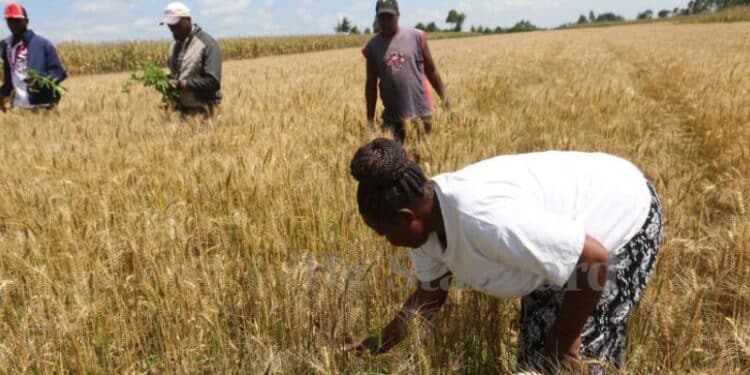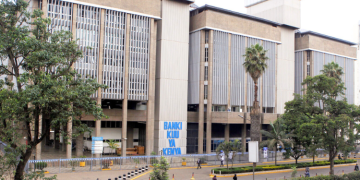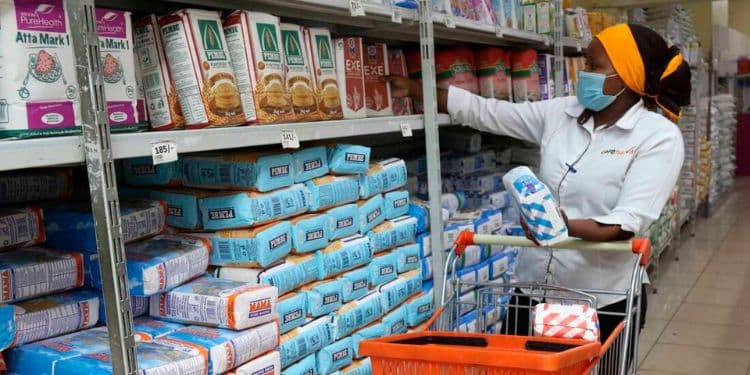The Agriculture and Food Authority (AFA) has concluded a review of the Wheat Purchase Programme (WPP) for the 2024/2025 season and announced new import quotas and grading guidelines for the 2025/2026 period.
In a statement issued on July 25, 2025, AFA announced a new framework for allocating wheat import quotas.
“Minimum prices have been determined based on a study of the average cost of production, an established pricing formula and negotiations. The goal is to offer farmers fair compensation and encourage increased production,” read part of the statement.
The Authority finalized the closure of the 2024/2025 wheat season and resolved to maintain the existing wheat grading system.
AFA New White Prices
The government announced that the recommended minimum wheat prices for the 2025/2026 will remain as follows:
- Grade 1 (Bushel weight 78 and above): Ksh 4,750 per 90kg bag
- Grade 2 (Bushel weight 75–77.9): Ksh 4,650 per 90kg bag
- Grade 3 (Below 75): Price to be determined on a willing buyer–willing seller basis
In the previous season, Grade 1 wheat fetched Ksh 5,300 per 90kg bag, while Grade 2 was priced at Ksh 5,200. Grade 3 wheat was traded on a willing buyer–willing seller basis.
Wheat is currently classified into three grades based on bushel weight:
- Grade 1: 78 lbs and above
- Grade 2: 75 to 77.9 lbs
- Grade 3: Below 75 lbs
“The decision followed extensive stakeholder consultations and a review of production costs to ensure farmers receive fair compensation and are incentivized to boost output,” announced the Ministry of Agriculture.
Also Read: Why Kenyans Are Staring at High Wheat Prices
Rules for Importers
At the same time, AFA unveiled a revised framework for the allocation of wheat import quotas under the Duty Remission Scheme (DRS).
In collaboration with the National Treasury, the authority evaluated applications from millers based on several factors, including:
- Registration with AFA as wheat importers
- Past performance in purchasing local wheat
- Utilization of previous import quotas
- Installed milling capacity
Also Read: 35 Wheat Tycoons Controlling Kenya’s Flour Industry
As part of the new conditions, millers will now be required to purchase locally grown wheat in proportion to their allocated import quotas — a move meant to prioritize local produce and reduce overreliance on imports.
To make wheat marketing more efficient, the Agriculture and Food Authority (AFA) has introduced new rules requiring approved agents, called aggregators, to help manage the collection and delivery of wheat from farmers to millers. These aggregators will now be vetted and registered to act as official go-betweens.
For their services—which include weighing, offloading, and testing the wheat—a handling fee of Ksh 220 per 90kg bag will be charged.
This fee will be shared equally between the farmer and the miller.
Follow our WhatsApp Channel and X Account for real-time news updates.










































































